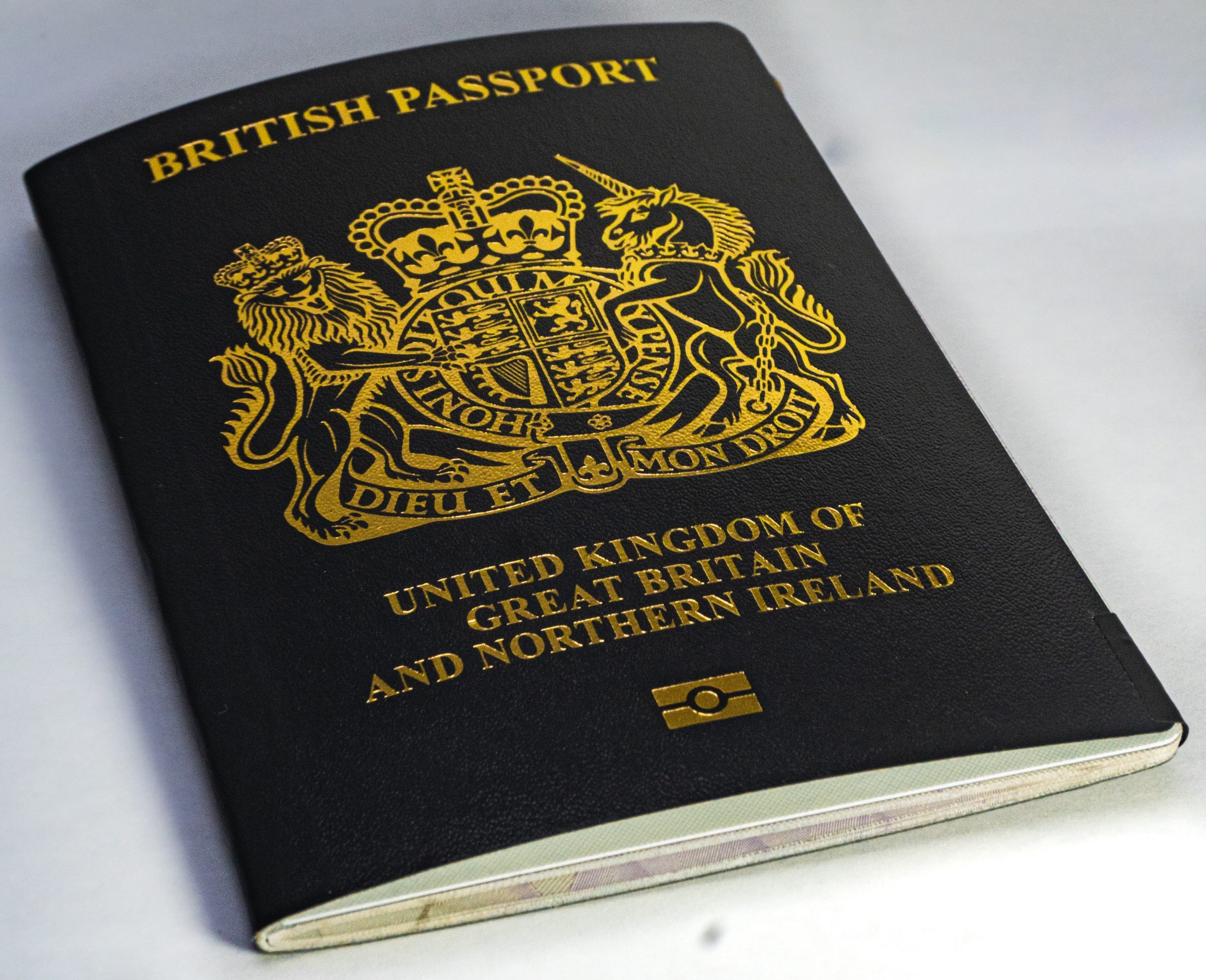Individuals face having their British citizenship stripped away without notice under a new rule added to the Nationality and Borders Bill.
Under Clause 9 of the bill – titled “Notice of decision to deprive a person of citizenship” – the government would be exempt from giving notice to those from whom it decides to strip citizenship if it is not “reasonably practicable” to do so.
Other exemptions include cases where stripping away citizenship is judged to be in the interest of national security, is in the public interest, or if it is in the interest of maintaining diplomatic relations.
The Bill, which was updated earlier this month, has already been widely criticised for its potential to threaten people’s rights to life, liberty and freedom from inhumane treatment.
“This once again shows how little regard this government has for the rule of law.”
Removing citizenship from people, as in the case of Shamima Begum, a young woman who left the UK to join the Islamic State in Syria as a teenager, is already a minefield when it comes to human rights. The decision to include a clause in the bill disposing of the requirement to give the person affected notice threatens to make the home secretary’s powers considerably more draconian.
“This amendment sends the message that certain citizens, despite being born and brought up in the UK and having no other home, remain migrants in this country,” said Frances Webber, vice-chair of the Institute of Race Relations. “Their citizenship, and therefore all their rights, are precarious and contingent.”
This is not the first time the requirement to give such notice has been weakened. From 2018, in cases where the individual’s whereabouts are unknown, the Home Office has been allowed to serve notice by placing a copy of the decision on a person’s file.

Credit: Caspar Rae / Unsplash
Clause 9 would essentially remove the need for notification completely in various circumstances. Some interpretations suggest that the additional rule would also be applied retrospectively to cases where individuals have already been stripped of citizenship without notice, which would potentially raise barriers to their ability to appeal the decision.
Webber added: “It builds on previous measures to strip British-born dual nationals (who are mostly from ethnic minorities) of citizenship and to do it while they are abroad – measures used mainly against British Muslims. It unapologetically flouts international human rights obligations and basic norms of fairness.”
After the 2005 London bombings, the Home Office’s powers to strip British nationals of citizenship were introduced and their use increased later while Theresa May was home secretary.
“British citizenship is a privilege, not a right,” said the Home Office. “Deprivation of citizenship on conducive grounds is rightly reserved for those who pose a threat to the UK or whose conduct involves very high harm. The nationality and borders bill will amend the law so citizenship can be deprived where it is not practicable to give notice, for example, if there is no way of communicating with the person.”
 Credit: Tommao Wang / Unsplash
Credit: Tommao Wang / Unsplash
The Bill has already faced broad-ranging criticism for proposals that would give Border Staff immunity from prosecution if people die in the British Channel during “pushback” operations and criminalise those arriving in the UK by an illegal route. While it may pass through its next reading, the Bill is recruiting critics with each update which further threatens protections enshrined in the Human Rights Act, including the right to life and the right to freedom from inhuman treatment.
“Under this regime, a person accused of speeding would be afforded more rights than someone at risk of being deprived of their British nationality,” said Maya Foa, the director of Reprieve. “This once again shows how little regard this government has for the rule of law.”
A report by parliament’s Joint Committee on Human Rights has also emphasised worries that the Bill will fail to protect stateless children by creating significant barriers to granting them citizenship.






